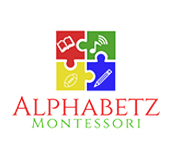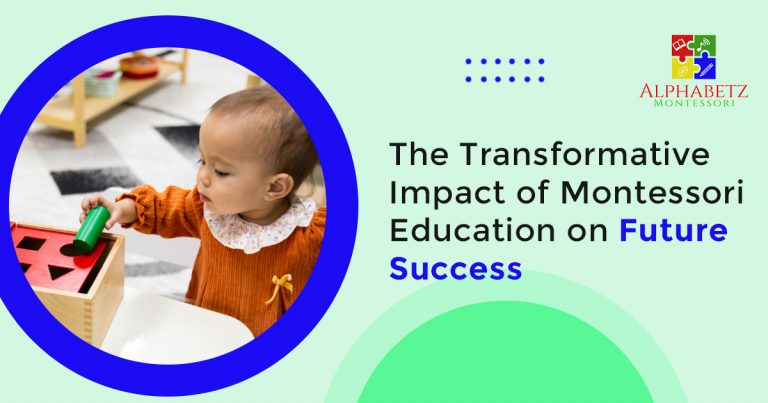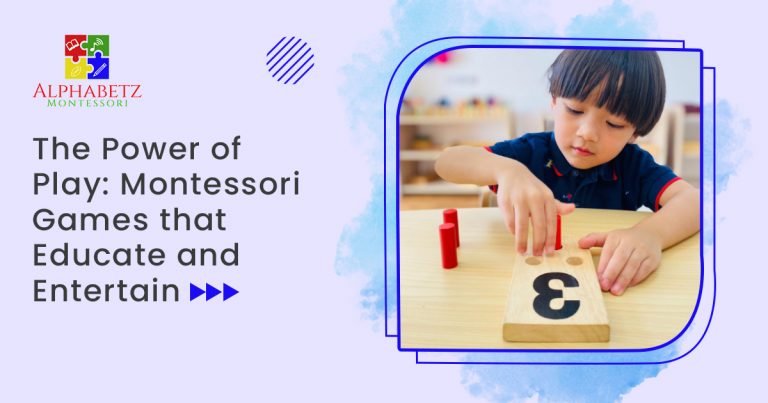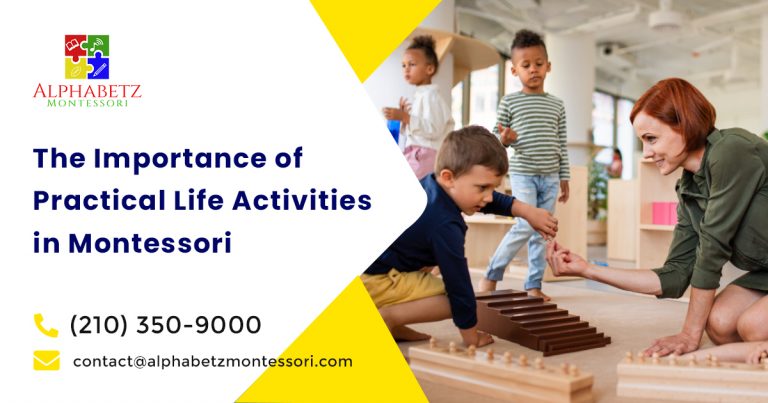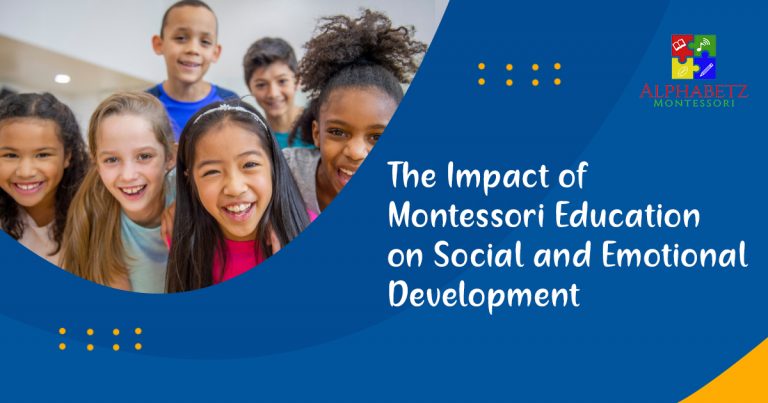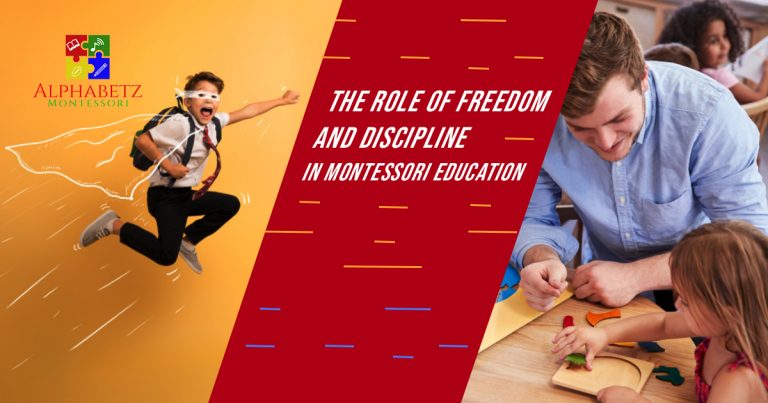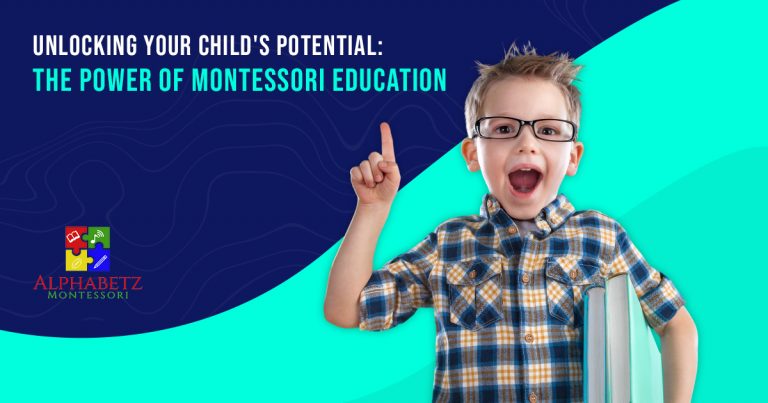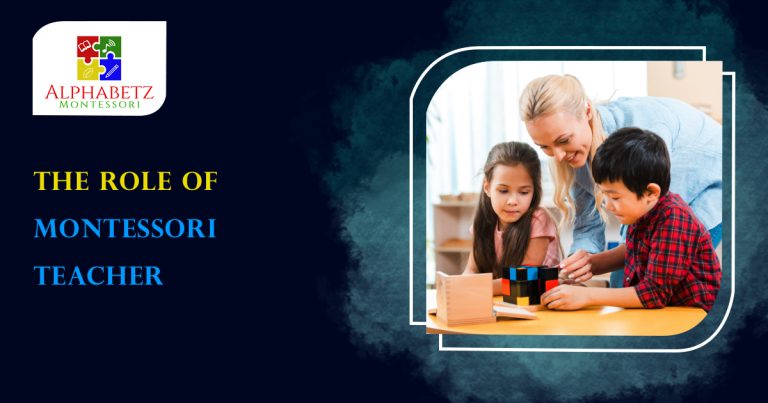The Transformative Impact of Montessori Education on Future Success
In an era where educational approaches shape the trajectory of a child's future, Alphabetz Montessori stands out as a beacon of holistic learning, transcending traditional boundaries to foster a comprehensive foundation for success. This unique educational philosophy not only propels academic achievement but also instills essential life skills crucial for navigating the challenges of tomorrow. Join us as we explore how Alphabetz Montessori paves the way for lifelong success. Nurturing a Passion for Lifelong Learning At the heart of Alphabetz Montessori is a commitment to nurturing a genuine love for learning from an early age. The child-centric approach empowers students to explore subjects organically, fostering a deep understanding that transcends rote memorization. This emphasis on intrinsic motivation and curiosity sets the stage for a lifelong journey of intellectual exploration. Empowering Critical Thinking and Problem-Solving Skills Alphabetz Montessori places a premium on cultivating critical thinking and problem-solving skills. Through hands-on activities and self-directed learning, students learn to analyze situations, think creatively, and develop effective problem-solving strategies. These skills are indispensable for success in an ever-evolving world that demands adaptability and innovative thinking. Fostering Independence and Self-Management Distinctive to Alphabetz Montessori is its unwavering focus on independence. From an early age, students are encouraged to make choices and take ownership of their actions. This commitment nurtures a sense of independence and self-management, qualities essential for success both personally and professionally. Building Strong Communication and Collaboration Skills Alphabetz Montessori classrooms leverage multi-age groups, creating an environment where students learn to communicate and collaborate with peers of different ages. This experience mirrors the diversity of the real world and equips Alphabetz Montessori graduates with robust interpersonal skills – a critical asset for success in various professional fields. Cultivating a Global Perspective Alphabetz Montessori places a strong emphasis on cultural awareness and understanding. By exposing students to diverse perspectives and backgrounds, Alphabetz Montessori fosters a global mindset. In a world interconnected as never before, the…
